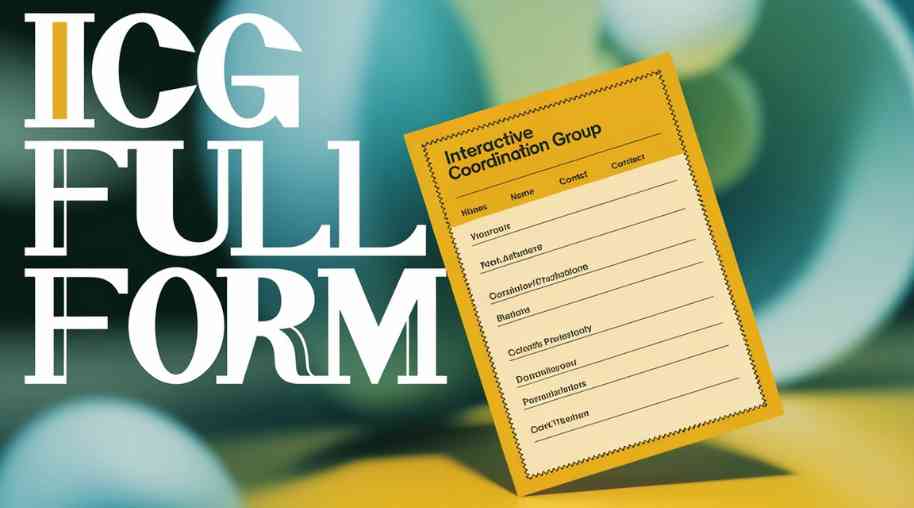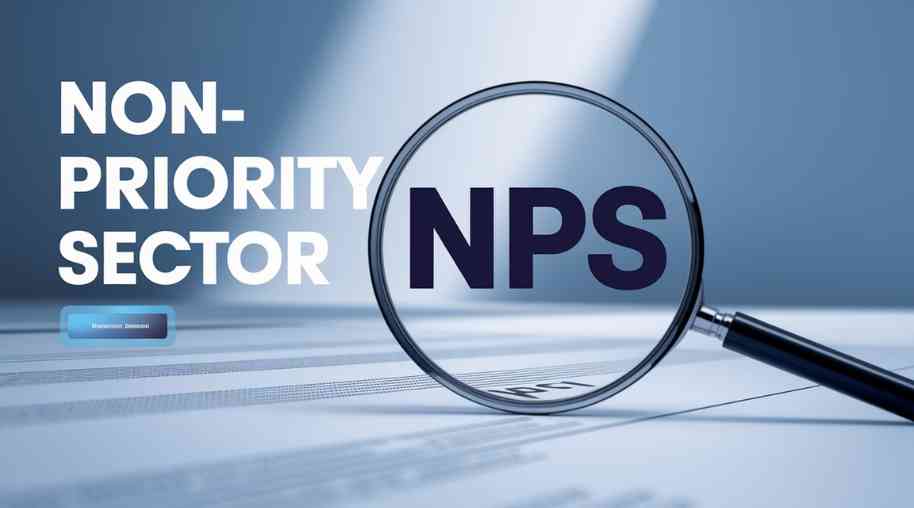ICG Full Form-Interactive Co ordination Group
by Shashi Gaherwar
0 2226
Interactive Coordination Group: Enhancing Collaboration and Decision-Making
In today's dynamic organizational landscape, **effective coordination** and **collaboration** are essential for achieving strategic goals. The **Interactive Coordination Group (ICG)** is a structured framework that facilitates seamless **communication**, **collaborative decision-making**, and efficient **problem-solving** among stakeholders in businesses, governmental bodies, and other institutions. This article delves into the concept, objectives, structure, functions, benefits, and challenges of an Interactive Coordination Group.

What is an Interactive Coordination Group (ICG)?
An **Interactive Coordination Group (ICG)** is a structured team or committee established within an organization to enhance **communication**, **strategic planning**, and **synchronized execution** of tasks. These groups ensure that different departments, stakeholders, or entities work in alignment toward **common objectives**.
Objectives of an Interactive Coordination Group
The key objectives of an ICG include:
- Facilitate Effective Communication: Ensures smooth **information flow** between teams and stakeholders.
- Improve Decision-Making: Encourages **data-driven** and **collective decision-making** processes.
- Enhance Organizational Efficiency: Reduces **redundancy** and improves **workflow synchronization**.
- Promote Collaboration: Encourages different departments or agencies to work towards **shared goals**.
- Conflict Resolution: Helps resolve **interdepartmental** or **inter-organizational conflicts** effectively.
- Ensure Compliance and Accountability: Monitors **policies**, **regulations**, and adherence to standards.
- Adapt to Change: Provides flexibility in responding to evolving **business environments** and challenges.
Pro Tip: A well-structured ICG can significantly improve cross-functional collaboration and organizational agility.
Structure of an Interactive Coordination Group
An ICG is typically composed of members from various departments or organizations, ensuring a **multidisciplinary approach** to problem-solving. The structure includes:
- Chairperson/Leader: Provides direction and oversees **coordination efforts**.
- Core Members: Representatives from different **departments** or **stakeholders**.
- Advisory Experts: Specialists who provide insights on **specific issues**.
- Administrative Support Team: Handles **documentation**, **scheduling**, and **communications**.
- Sub-Groups or Task Forces: Focus on **specific projects** or problem areas.
Key Functions of an Interactive Coordination Group
An ICG performs several critical functions:
- Strategic Planning: Aligns organizational activities with **long-term objectives** and develops **action plans** to implement strategies effectively.
- Operational Coordination: Ensures tasks across different departments are **well-integrated**, reducing **duplication of efforts** and promoting **synergy**.
- Monitoring and Evaluation: Tracks **performance metrics**, assesses **project outcomes**, and identifies **bottlenecks** or areas for improvement.
- Crisis Management: Provides **rapid response** to emerging issues and develops **contingency plans** for unforeseen disruptions.
- Policy Formulation and Compliance: Develops **guidelines**, **protocols**, and ensures adherence to **legal and regulatory frameworks**.
Benefits of an Interactive Coordination Group
An ICG offers numerous advantages:
- Improved Efficiency and Productivity: Reduces **delays** and improves **workflow management**.
- Better Resource Utilization: Ensures optimal use of **manpower**, **finances**, and **technology**.
- Enhanced Transparency and Accountability: Promotes **responsibility** and **ethical decision-making**.
- Stronger Collaboration and Teamwork: Encourages **open discussions** and **idea-sharing**.
- Faster Problem-Solving: Provides a **proactive approach** to addressing challenges.
- Better Stakeholder Engagement: Strengthens relationships with **partners**, **employees**, and **external entities**.
Challenges in Implementing an Interactive Coordination Group
Despite its benefits, ICG implementation faces several challenges:
- Resistance to Change: Employees or departments may be reluctant to **collaborate**.
- Coordination Complexity: Managing multiple teams with **diverse goals** can be challenging.
- Information Overload: Excessive **data sharing** can lead to confusion and inefficiency.
- Resource Constraints: **Budget limitations** may affect implementation and operation.
- Conflicting Priorities: Different departments may have **conflicting objectives** or interests.
Strategies for an Effective Interactive Coordination Group
To ensure the success of an ICG, organizations can adopt the following strategies:
- Clear Objectives and Guidelines: Define **roles**, **responsibilities**, and **goals** from the outset.
- Regular Meetings and Updates: Ensure **consistent communication** and **progress tracking**.
- Use of Technology: Leverage **collaboration tools** for seamless communication and data sharing.
- Encourage Open Communication: Foster a culture of **transparency** and **feedback**.
- Performance Assessment: Establish **key performance indicators (KPIs)** to measure success.
- Training and Development: Provide members with **leadership** and **teamwork training**.
The **Interactive Coordination Group (ICG)** plays a crucial role in enhancing **collaboration**, **decision-making**, and **operational efficiency** in various organizations. While challenges exist, implementing **best practices** and leveraging **technology** can significantly improve outcomes. Businesses, government agencies, and institutions can benefit from well-structured coordination groups to ensure **seamless operations** and **sustainable growth**.
Further Learning Resources
If you’re passionate about building a successful blogging website, check out this helpful guide at Coding Tag – How to Start a Successful Blog. It offers practical steps and expert tips to kickstart your blogging journey!
For dedicated UPSC exam preparation, we highly recommend visiting www.iasmania.com. It offers well-structured resources, current affairs, and subject-wise notes tailored specifically for aspirants. Start your journey today!

Share:








Comments
Waiting for your comments